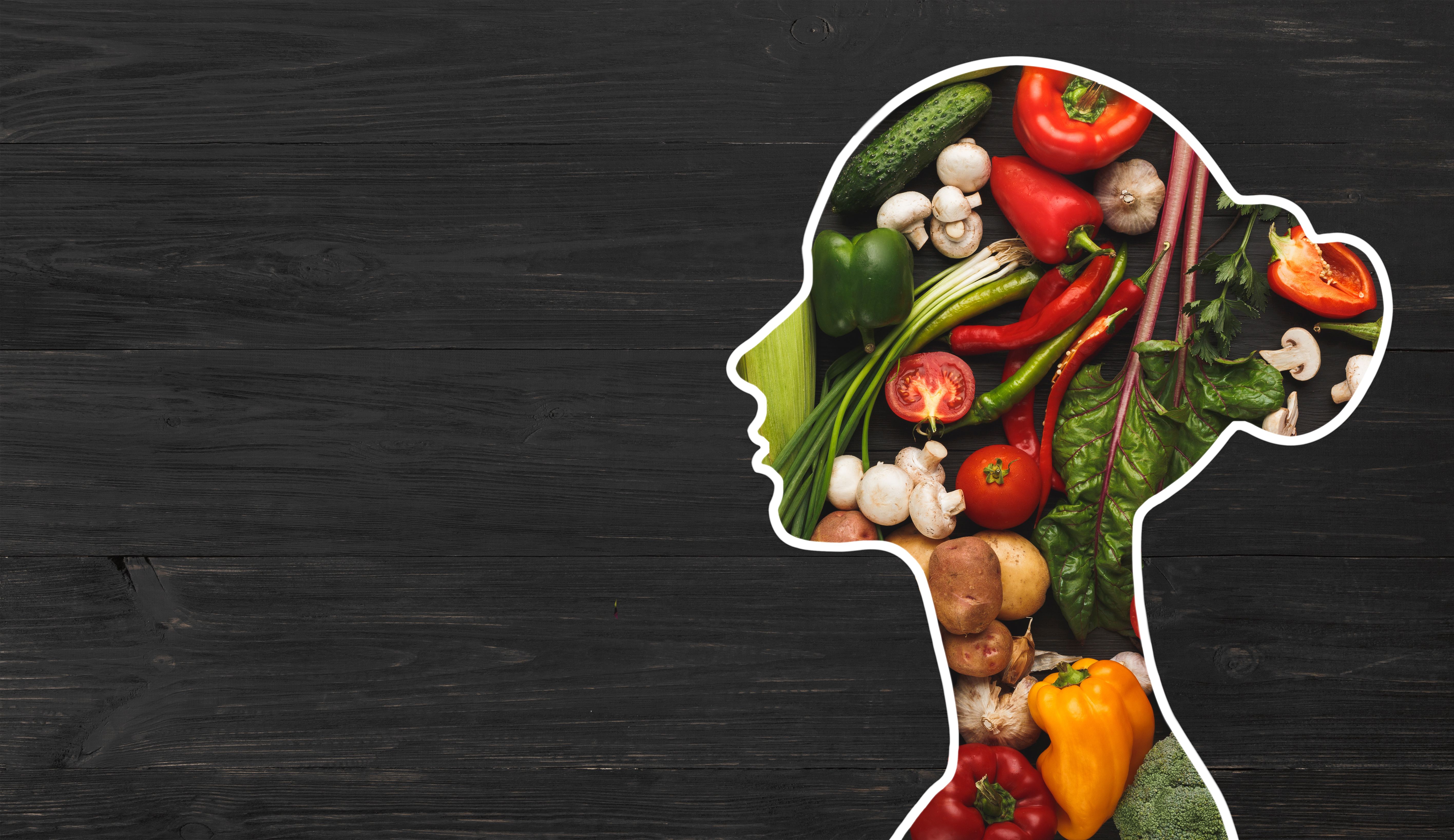Nutrition Can Speed Up Healing After a Traumatic Brain Injury
Clinicians are often focused on reducing brain damage after traumatic injury, but considering nutrition is an important component to healing.
New research suggests that eating enough calories within days of a traumatic brain injury (TBI) can boost the brain’s healing process, according to investigators at the University of California, Berkeley, at the annual American Physiology Summit in Long Beach, California.
Previous studies have shown that undernutrition can decrease protein synthesis in skeletal muscle and liver cells. But undernutrition can also decrease protein synthesis in the brain, meaning that it could slow healing.
“Understanding this decrease in protein turnover during the brain healing process is crucial because a caloric deficit may affect the patient's ability to heal from their injury,” said Casey C. Curl, a doctoral candidate in the Exercise Physiology Laboratory at the University of California, Berkeley (UC Berkeley), in a press release.
Patients who are hospitalized for TBI can spend days without eating and without intravenous- or tube-administered nutrition. Clinicians tend to place more emphasis on reducing damage than the nutritional needs of the patient. In addition, the traditional tools that calculate a person’s nutritional needs are usually not designed to fit within the context of brain injury.
Curl and other UC Berkeley investigators conducted a study to understand the impact of nutritional status on fractional gluconeogenesis—a metric designed by investigators to measure the amount of glucose the body produces while processing energy output, scaled 0% (fully fed) to 100% (drastically underfed)—and protein synthesis.
The team used a rat model of TBI to conduct the study, giving rats different amounts of nutrition/calories. The investigators then used heavy water, called deuterium oxide, to track fractional gluconeogenesis (glucose production) and protein synthesis activity in various parts of the brain and body. The team compared calorie intake with glucose production and protein synthesis to understand the role of nutrition in protein synthesis and brain healing.
The team discovered that the brain responds to TBI by increasing protein synthesis in the higher region of the brain, according to Curl. At the same time, the brain decreases protein synthesis in the lower regions. While this abnormal response could pose a threat to brain healing, adequate nutrition in the wake of a TBI would enable the brain to synthesize proteins that heal all brain regions evenly.
During routine clinical practice, clinicians should feed patients more quickly after their TBI. Curl added that fractional gluconeogenesis could be a practical metric to evaluate if patients in TBI treatment and recovery are getting enough calories.
“This evidence highlights the importance of ensuring proper nutrition for TBI patients during recovery,” said Curl in the press release. “Specifically, formulations containing fuels that are preferred by the brain, such as lactate, should be prioritized during the acute and chronic phases of recovery from TBI.”
Reference
Study Reveals the Healing Power of Food after a Traumatic Brain Injury. American Physiological Society; April 21, 2023. Accessed on April 21, 2023. https://www.physiology.org/professional-development/meetings-events/american-physiology-summit-2023/abstracts?SSO=Y&gclid=CjwKCAjw3POhBhBQEiwAqTCuBtsCRQHGwZxQyb-ZJG4YOh42X5p-InF-QjK-CRnam6FGKm1eGYsZ9xoCQVwQAvD_BwE

